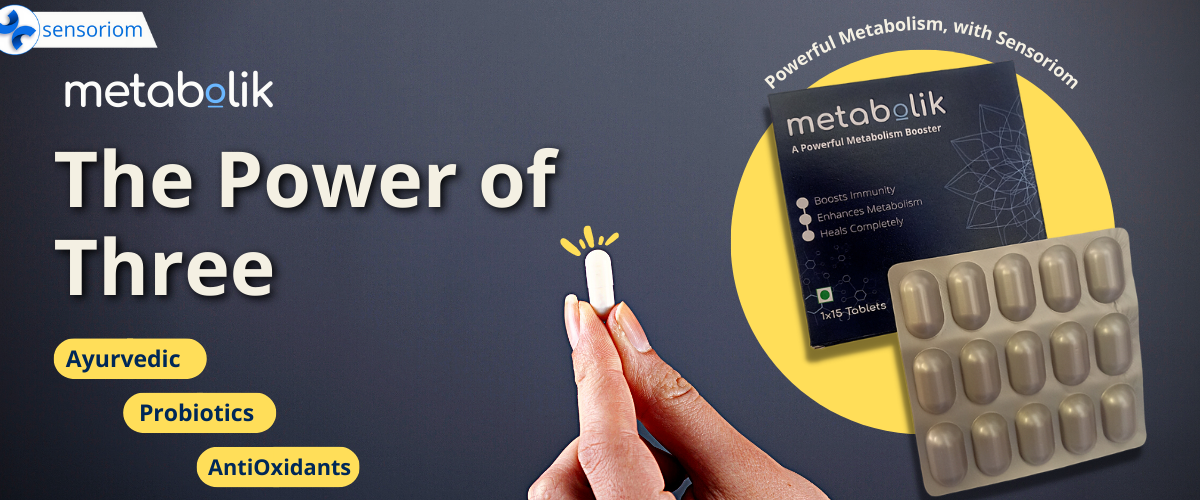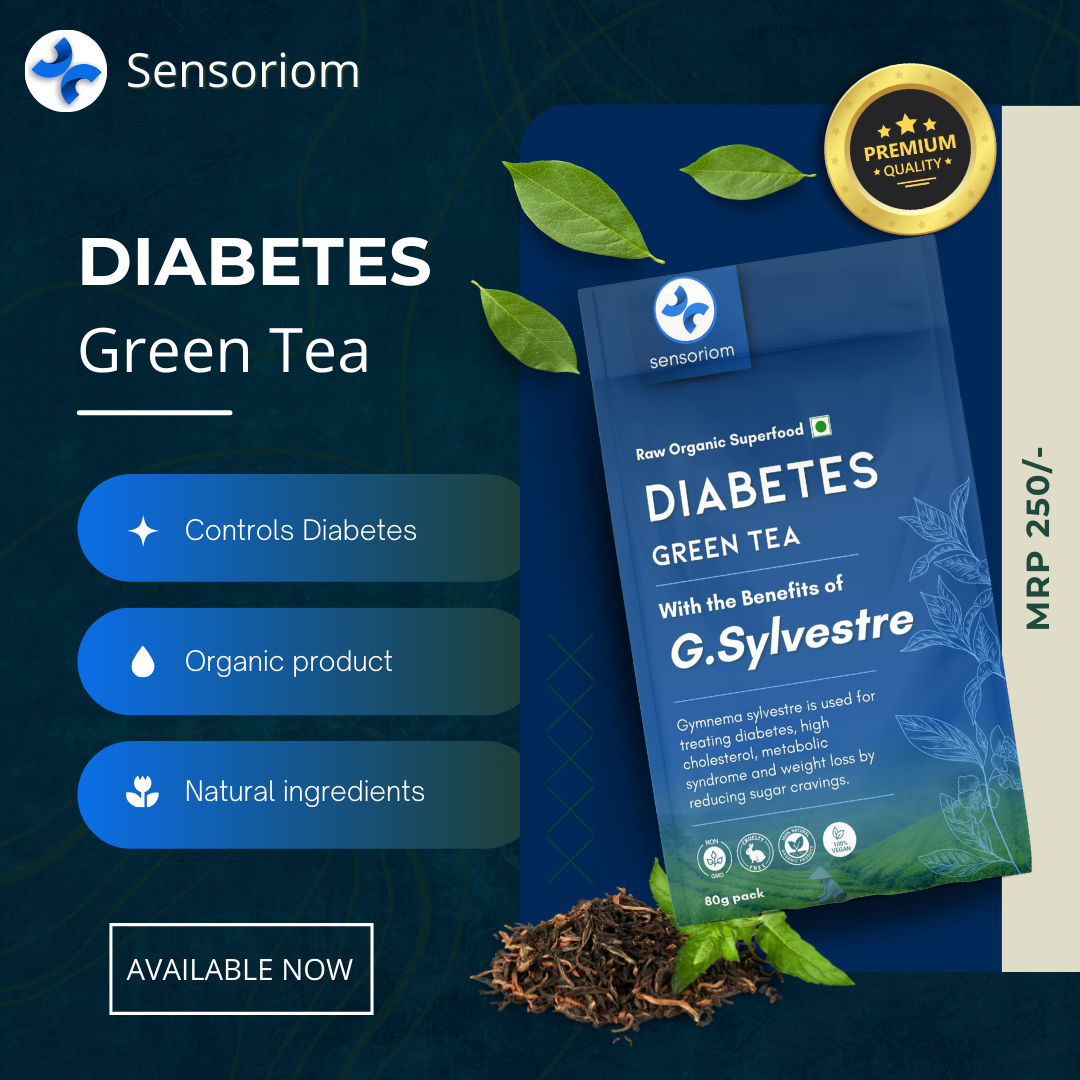Berberine HCl: The Natural Solution for Better Health
Due to the possible health advantages and natural components, dietary supplements such as Berberine HCl, Ashwagandha, and Turmeric have gained popularity as more individuals seek to alternative solutions for their health difficulties.
Basically, healthcare supplements are dietary supplements intended to offer additional nutrients that a person’s diet may be lacking. These supplements can come in a range of formats, such as tablets, capsules, powders, and liquids, and can contain a variety of contents, such as vitamins, minerals, herbs, and other natural compounds.
Berberine is a naturally occurring chemical that has been widely utilised in Chinese and Ayurveda medicine for its possible health advantages, including regulation of blood sugar levels and improvement of heart health. In this post we will see what Berberine HCl is and how is it beneficial as a regular health supplement.

Berberine HCl –
History-
Berberine is a yellow alkaloid that comes from plants like the Oregon grape, the barberry, and the goldenseal. It has been used since ancient Chinese and Ayurvedic medicine, where it was used to treat diarrhoea, infections, and inflammation, among other things.
In traditional Chinese medicine, berberine was called Huang Lian and was used to treat stomach problems, fever, and other conditions. In the Chinese medical text Huangdi Neijing, which was written about 3000 years ago, it was written about how it was used.
Berberine was used in Ayurvedic medicine to treat diarrhoea, dysentery, and other stomach problems. It was also called Daruharidra and was used to treat infections.
The use of berberine spread to other parts of the world, and in the 1800s, doctors in Europe started to use it to treat diseases like cholera and typhus.
In recent years, many scientific studies have been done on berberine. These studies have confirmed many of its traditional uses and found new ones. Berberine HCl is a form of berberine that is often found in supplements and is known for its high potency and bioavailability.
Berberine HCl Uses-
Berberine HCl has been found to have a number of health benefits. It might help lower blood sugar, reduce inflammation, lower cholesterol, and improve the health of the heart. It may also be able to kill bacteria and fight cancer.
- Blood Sugar Control: It has been found that berberine can help control blood sugar, which could be helpful for people with type 2 diabetes. Studies have shown that it can help make the body more sensitive to insulin, lower blood sugar, and lower HbA1c.
- Heart Health: Berberine may also help improve the health of your heart. It has been shown to help lower cholesterol, lower blood pressure, and lower the chance of getting heart disease.
- Anti-Inflammatory Properties: Berberine has properties that make it less likely for inflammation to happen, which could help people with conditions like arthritis.
- Antimicrobial Properties: Antimicrobial properties have been found in berberine, which could help treat infections caused by bacteria, fungi, and viruses.
- There is no research that suggests on the intake of berberine hcl for weight loss.


Dosage and Side Effects-
You can get Berberine in the form of capsules or tablets. Most of the time, Berberine HCl 500 mg to –1500 mg per day is what is suggested. Most of the time, berberine is safe, but it can cause side effects like stomach problems, headaches, and feeling dizzy.
Clinical Studies on Berberine HCl Benefits-
Here are some of berberine HCl benefits have been investigated by a number of healthcare institutions across the world. These are few important findings:
- American Heart Association (AHA): According to the AHA, berberine may be beneficial for lowering cholesterol levels and preventing heart disease.
- National Institutes of Health (NIH): The NIH has done many research on berberine and discovered that it may be effective for treating type 2 diabetes, lowering inflammation, and enhancing heart health.
- European Society of Cardiology (ESC): According to the ESC, berberine may be beneficial for enhancing insulin sensitivity and lowering the risk of metabolic syndrome.
- World Journal of Gastroenterology: The World Journal of Gastroenterology released a study indicating that berberine may be effective in the treatment of non-alcoholic fatty liver disease.
- British Journal of Pharmacology: The British Journal of Pharmacology released a research indicating that berberine may have anti-cancer effects and may be effective for inhibiting the proliferation of cancer cells.
Final words
The usefulness of Berberine HCl in healthy individuals relies on their unique health state and requirements. While berberine may have some possible health advantages, it should be noted that it is not a panacea and should not be used in place of a good diet and lifestyle. Before beginning any new supplement, it is usually advised to visit a healthcare professional.
Those with certain health issues, such as type 2 diabetes, high cholesterol, or inflammatory disorders, may find Berberine particularly beneficial. Yet, it may not be required or advantageous for everyone.





